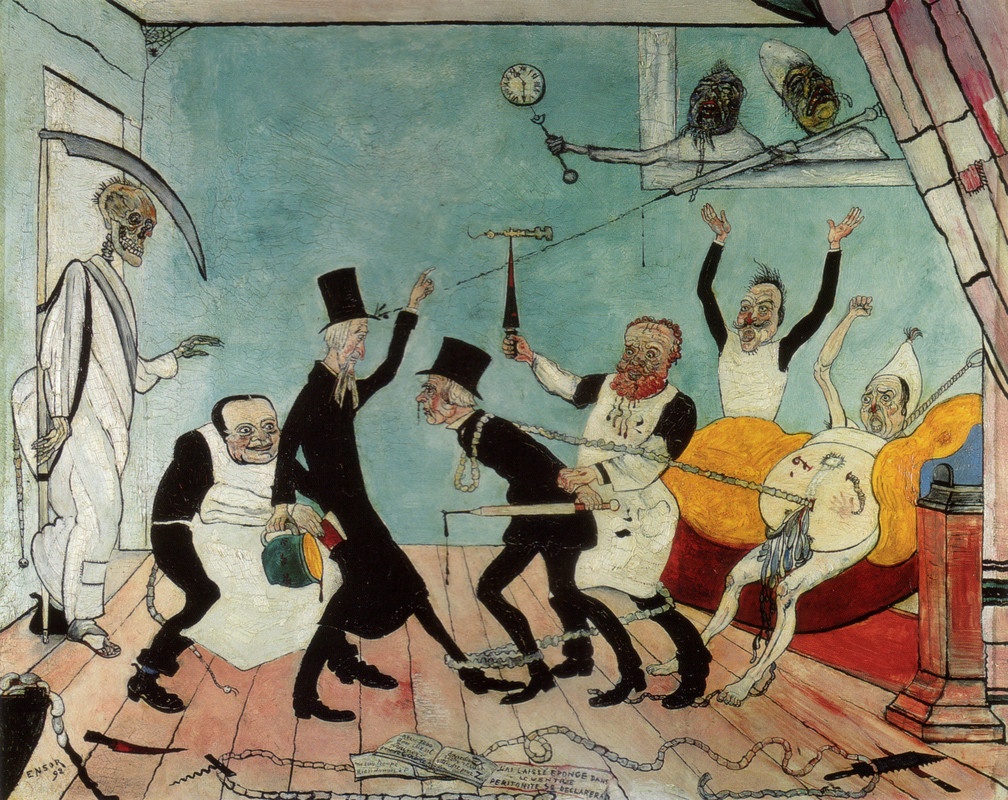Physicians miss 54 % of patients’ problems and 45 % of their concerns. On 50 % of visits, doctors and patients do not agree on the presenting problem. Lack of information. Lack of communication. The culture of healthcare is a filter bubble in itself. No wonder people log on to the Internet for answers….
Dr. Google is the medicalization of cyberspace and of the healthy. This has also been understood as a variant of medical surveillance. Medicine is moving out of its own sphere into non-medical settings and pseudo-medical areas. Dr. Google is rearranging the power relations of health-related online information. The means of production are constantly evolving. Does this, in turn, boost a greater medicalization of society in general?….
Andrew Schorr has written a book on how to handle Dr. Google in a medical crisis and how to navigate to the most useful resources and how to advocate for one’s own best health: “The Web Savy Patient: An Insider’s Guide to Navigating the Internet When Facing Medical Crisis”. In his book, he explains how it all starts and the reader gets to follow his patient journey. He comments himself on why he used the Internet: he was overwhelmed by the disease he has and at the same time under informed. He did not know anything about his condition or how to keep the facts apart on what a chronic or acute form of his disease was about. To be informed made him stronger as a patient. The Internet is a great challenge to everybody: “The good and bad news about the Internet is that it offers both up-to-the-minute and archived content, which can be confusing for patients researching medical conditions. The latest and greatest – and most hopeful – treatment options for certain conditions are lumped with outdated statistics that convey what might be a much grimmer outcome.”









Leave A Comment